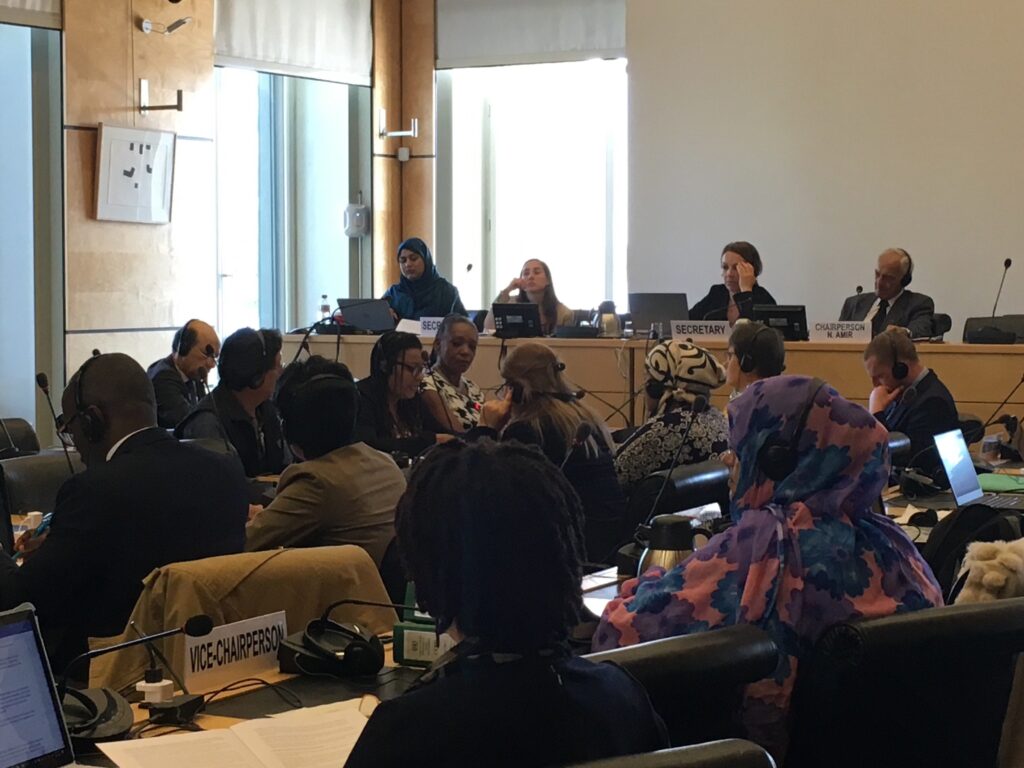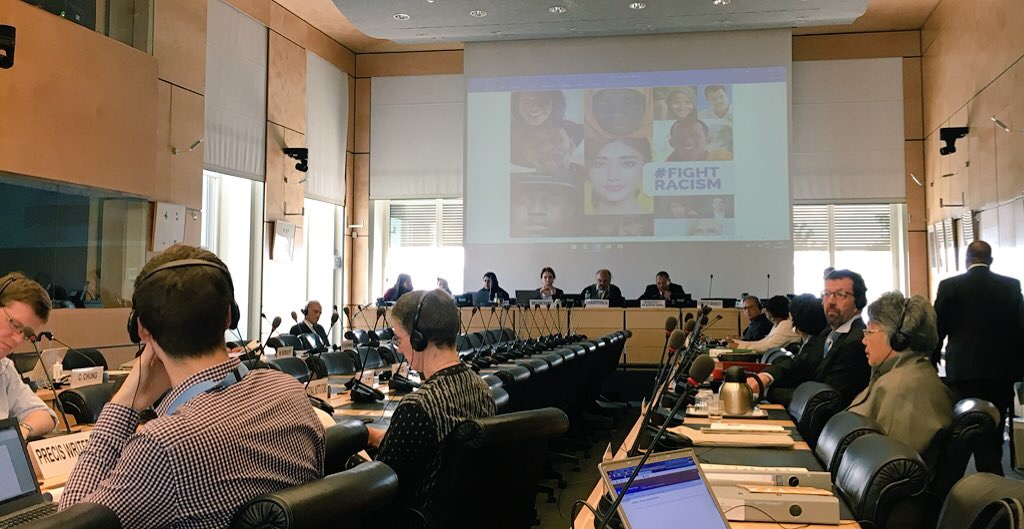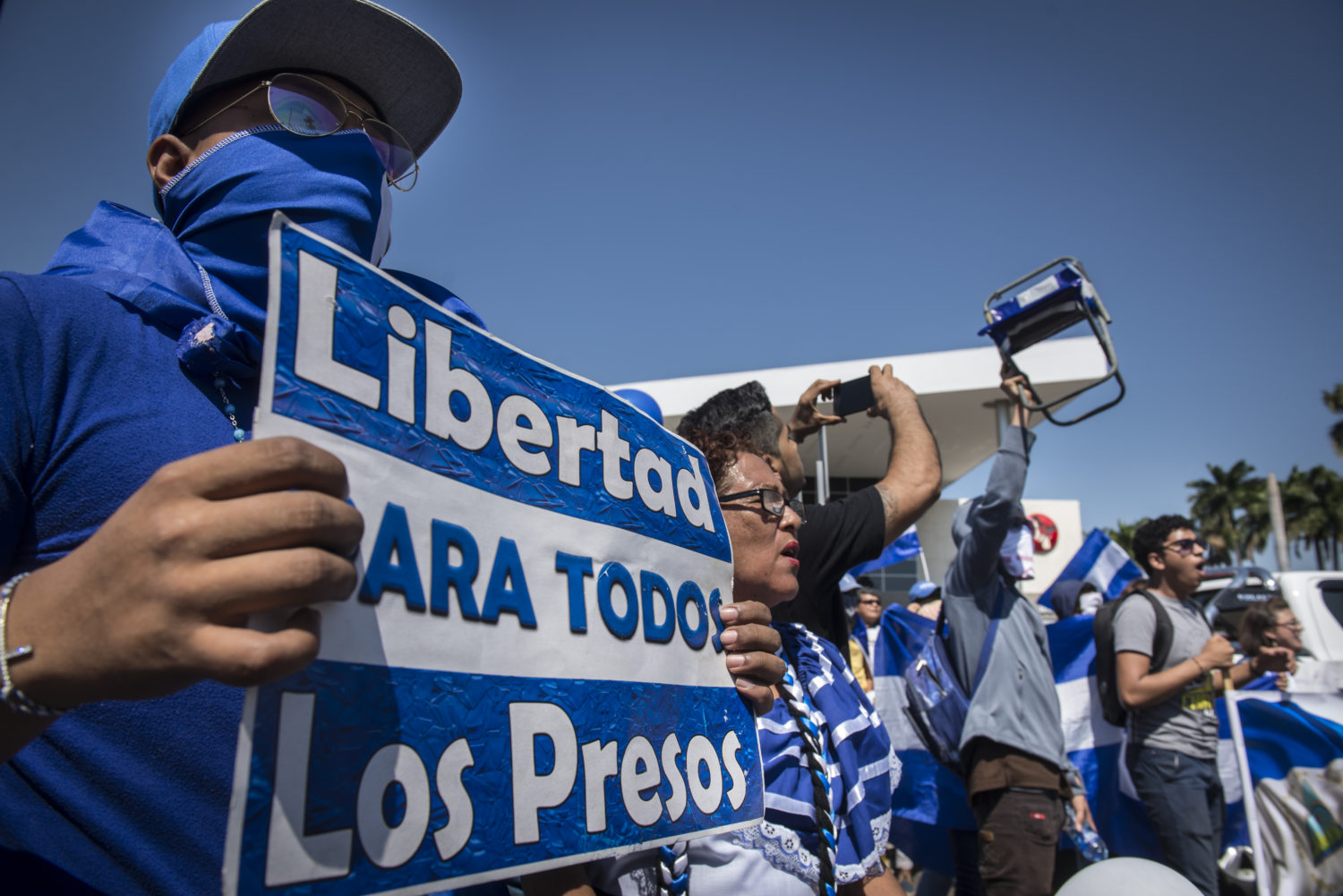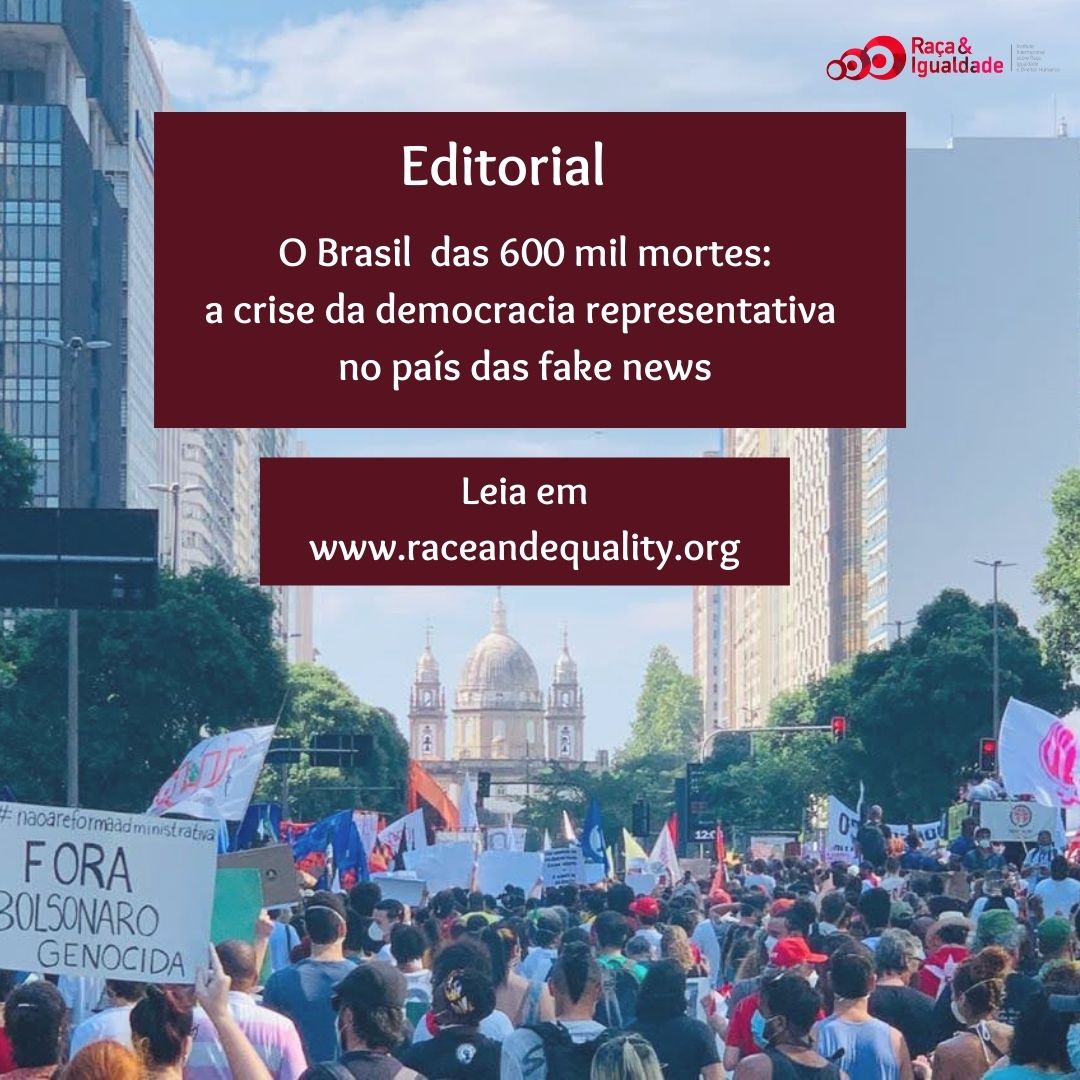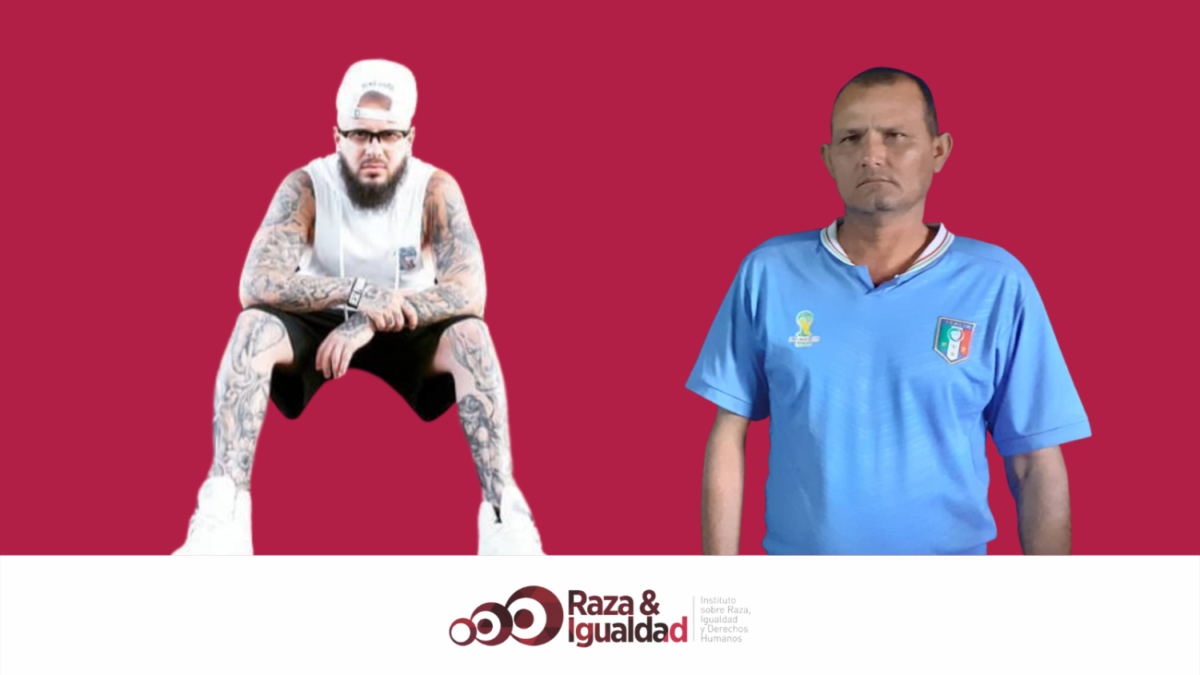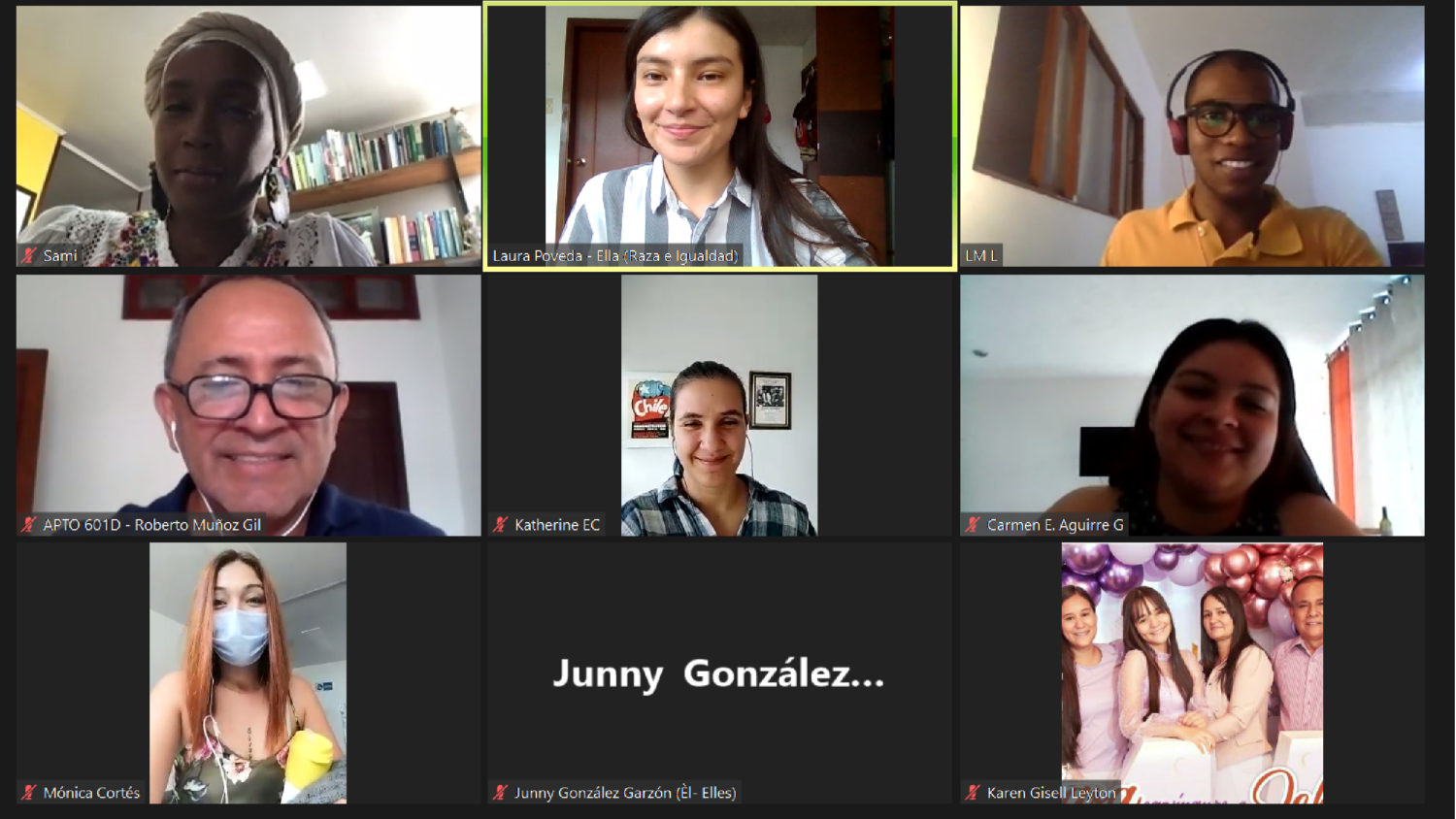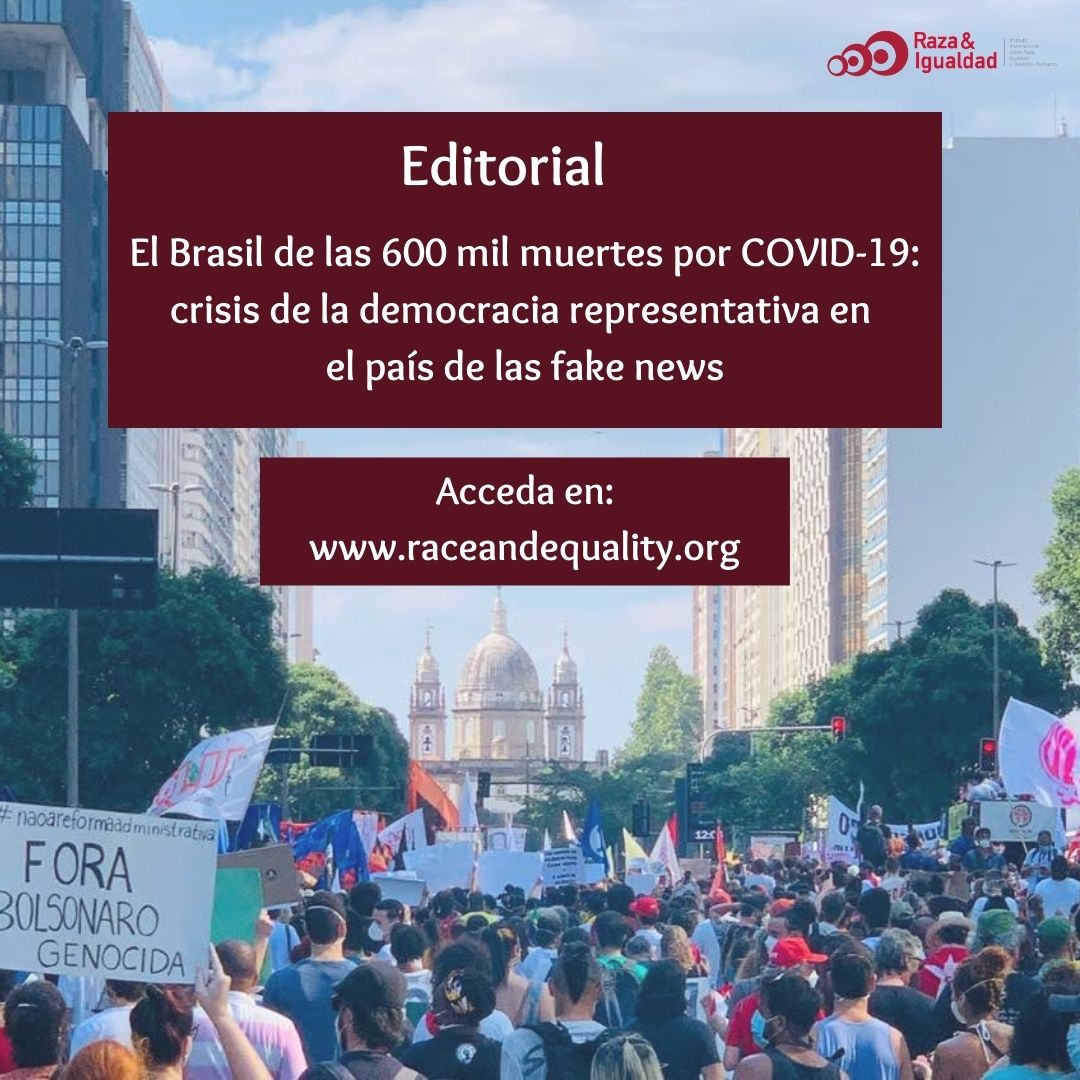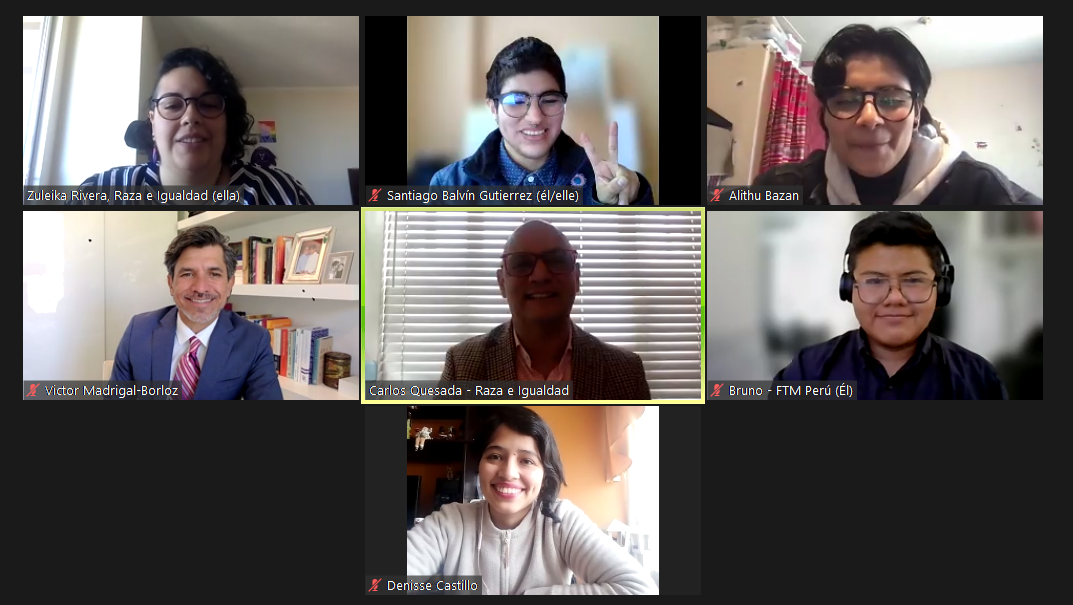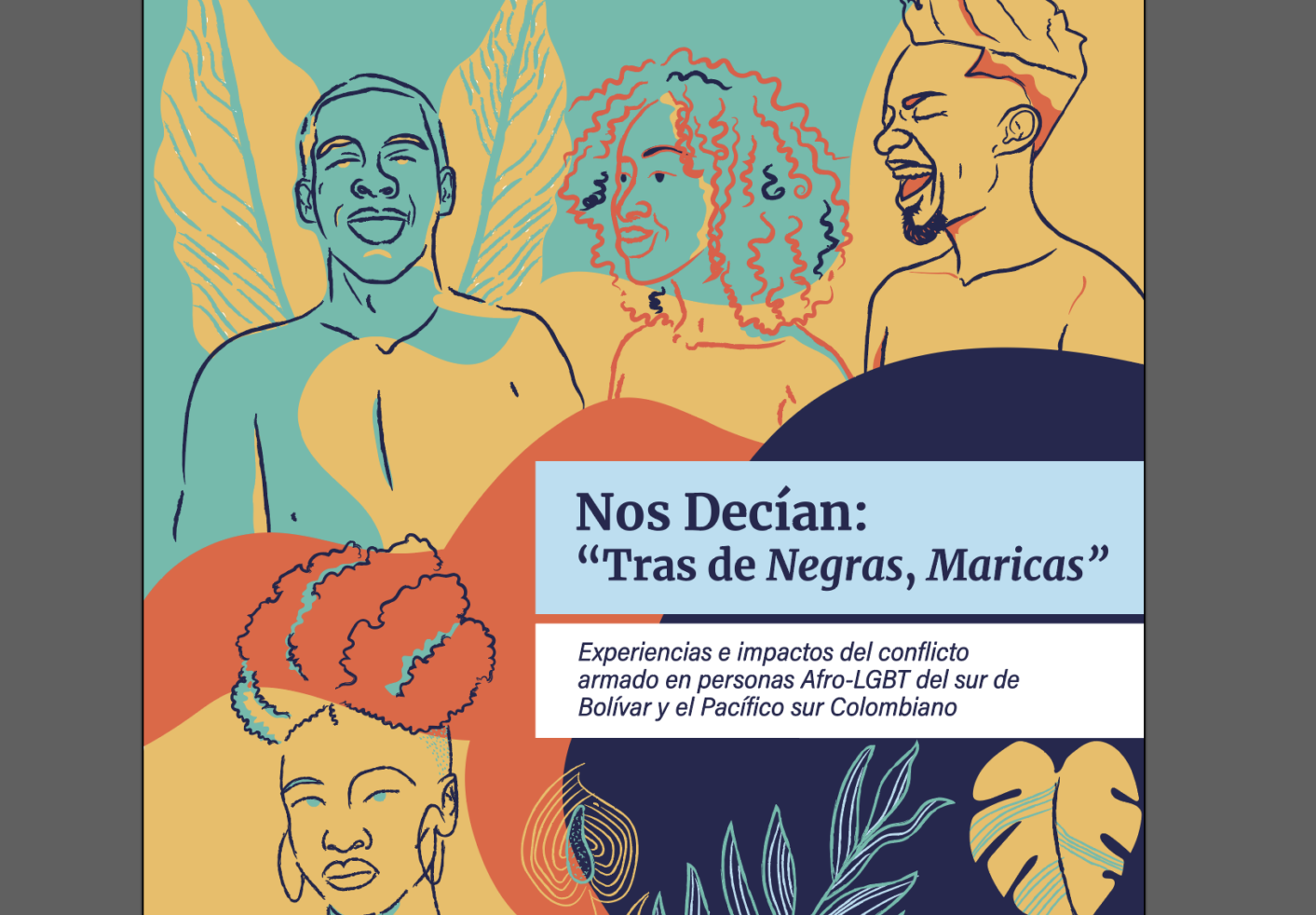Statement on the Occasion of the Resolution to be Voted on by the UN Human Rights Council: “Promoting and Protecting Human Rights in Nicaragua”
June 12, 2020 – We, the undersigned civil society organizations, wish to express our alarm to the UN Human Rights Council regarding the continuing repression in Nicaragua, rapid deterioration of the situation due to the spread of COVID-19, absence of a response from the State, and reluctance of the State to respond to the calls made by the High Commissioner for Human Rights, Michelle Bachelet, in compliance with the Resolution “Promoting and Protecting Human Rights in Nicaragua” (A/HRC/40/L.8).
In light of the foregoing, a new Resolution (A/HRC/43/L.35) was proposed during the 43rd Session of the Human Rights Council, a session that was suspended due to the situation posed by COVID-19 and is set to resume on June 14 with a vote on said proposal scheduled as one of the points on the agenda. Within this context, we, the undersigned organizations, call on the Member States of the Human Rights Council, and in particular the Latin American and Caribbean States, to adopt a principled stance and actively support the adoption of said Resolution, taking the following into consideration:
- Continuing denunciations of grave human rights violations since April 2018
Even during the COVID-19 health emergency, repressive methods continue to be systematically employed in Nicaragua – such as harassment, arbitrary detention, and disproportionate use of force – especially against released political prisoners, human rights defenders, indigenous people, Afro-descendants, women, relatives of victims of repression, and citizens exercising their right to dissent.
- Restrictions to the civic space and repression of dissent in Nicaragua
Within the context of the pandemic, the highest levels of government have not responded to the proposals put forward by civil society, human rights defenders, community leaders, and religious regarding the implementation of social distancing and isolation to prevent the spread of the novel coronavirus. On the contrary, there have been reports of reprisals, threats, and layoffs of physicians who have demanded that the government implement measures for confronting COVID-19 and publicly described the situation being experienced by public hospitals.
- Lack of respect of the rights to freedom of peaceful assembly, association, and expression
Within the context of the second anniversary of the April 2018 protests, several citizens were strongly subdued by the police, especially on Ometepe Island and in the city of Masaya. At least 11 people were arrested and sent to trial under accusations of drug trafficking, illegal possession of firearms, frustrated homicide, and damages. In addition, while the Executive Branch encourages participation in massive events in public spaces in the middle of a health crisis, the police restriction against exercising the right to protest continues in force.
- Arbitrary detention and imprisonment used to repress dissent
Nor has the government responded to the call issued by the international community to release arbitrarily detained persons. There were 86 political prisoners through the month of May, according to the Civic Alliance for Justice and Democracy. These people are criminalized for their opposition to the government and their work denouncing and protecting human rights. On May 13, though the government released 2,815 common criminals who had been under house arrest, none were political prisoners. The relatives of
jailed opponents fear that an outbreak of COVID-19 would be deadly within the National Penitentiary System, where, according to relatives of political prisoners, there are more than 30 prisoners presenting COVID-19 symptoms.
- Lack of guarantees for a safe and favorable environment for human rights defenders and journalists
Despite the communications sent by various Special Procedures mandates, to date the legal status of nine non-governmental organizations that were closed arbitrarily in December 2018 has not been reinstated, and their assets continue being occupied by the police. Human rights defenders continue working despite reprisals, under prohibitions and accusations of being terrorists. The media outlets Confidencial and 100% Noticias continue unable to broadcast on open television, with their offices and work equipment being illegally occupied for nearly a year. The authorities continue to employ stigmatizing discourse against journalists and opponents, such as the newly published “Libro blanco” [Nicaragua White Book against the COVID-19 Pandemic: A Singular Strategy].
- Lack of guarantees of independence and impartiality in the justice system
With the latest arbitrary detentions and start of new irregular trials of citizens in the opposition, it is clear that the judicial system continues to be coopted by the governing political party and remains an essential element of impunity in human rights violations. Recently, one of the judges who prosecuted tens of protesters in trials lacking in guarantees and due process, Edgar Altamirano, was promoted by the Supreme Court of Justice to serve as a judge on the Court of Appeals of Granada.
- Need to adopt a comprehensive plan of action for inclusive victim-centered accountability
To date, the initiatives undertaken last year by the Nicaraguan government aimed at accountability have not been implemented in an inclusive manner that is focused on the victims and survivors of the deadly violence that has transpired since April 2018. The Amnesty Law was unilaterally adopted by the authorities and perpetuates impunity, while the Law on Comprehensive Attention for Victims does not include the right of the victims to file appeals before judicial authorities and designates persons opposing the government as being the authors of a failed coup d’état rather than the victims of repression.
It has not provided an explanation for more than 300 assassinations that occurred in 2018 or prosecuted the material and intellectual authors of those crimes, as stated in the OHCHR’s report “Human Rights Violations and Abuses Within the Context of the Protests in Nicaragua.” This has prevented access to truth, justice, and reparations from being guaranteed.
- Lack of cooperation with the Office of the High Commissioner, mechanisms of the Human Rights Council and bodies created by virtue of competent treaties, as well as the Organization of American States and IACHR
The government has not restarted its cooperation with international human rights bodies and their mechanisms, nor has it responded to communications from the Special Procedures since November 2018. It has even refused to report on the situation of the pandemic through international health regulations and presented statistical information irregularly. This has prevented the representatives of the Pan-American Health Organization (PAHO) from being able to access hospitals and detailed information regarding persons who are infected, being monitored, or dead.
- Continuing acts of intimidation or reprisal against those who cooperate or attempt to cooperate with international and regional bodies
The last report on reprisals produced by the OHCHR documented at least 23 cases of harassment and persecution of persons who normally share information on human rights violations in Nicaragua. One of the most emblematic cases was that of Amaya Coppens, who was arrested in December 2019 together with a group of 15 people who were bringing water to mothers of political prisoners on a hunger strike. Three months prior, Coppens had gone before the Human Rights Council to denounce human rights violations in her country.
- Reluctance to restart the National Dialogue
The government has ruled out participating in a Dialogue Roundtable in the future and additionally has shown no willingness to comply with the roadmap that had been approved in the previous Dialogue initiated in February 2019. While the Nicaraguan Assembly approved Law 985 in January of this year – whose objective is to “establish the general legal framework for guaranteeing a culture of dialogue” – this law does not address the multiple human rights violations that have occurred since April 2018, nor does it view members of the opposition or human rights defenders as being subjects of dialogue.
- Lack of implementation of legal and institutional reforms that guarantee free, fair, transparent, and trustworthy elections
During this pre-election year, there has been no implementation, discussion, or initiation of negotiations regarding electoral reforms, even though in early 2020 the National Assembly placed this matter on its agenda. Despite the fact that tens of social organizations joined forces to develop a proposal for electoral reform in December 2019, the authorities provided no response to it. In light of the fact that elections are set to take place in 2021, it is essential that said reforms be taken up anew and that many political and social sectors reach consensus on them with support from the Organization of American States.
- Other concerning matters
The situation on the Caribbean side of Nicaragua is concerning, given that Afro and indigenous communities have historically experienced discrimination, been the victims of acts of violence, and had their territories invaded with the acquiescence and/or cooperation of State authorities. Within the context of COVID-19, access to health services is limited, there is a shortage of medicine, and a lack of healthcare personnel with the necessary training for confronting COVID-19.
In addition, since 2018 100,000 people have been forced to leave Nicaragua, primarily going to Costa Rica, without to date the existence of guarantees for their quick and safe return. There is a risk that this figure will increase if the situation continues to deteriorate.
We, the signatories of the present statement, ask the Missions comprising the UN Human Rights Council to co-sponsor and approve this new Resolution, bearing in mind that it fulfills the “objective criteria for action by the Council,” those criteria that are considered when deciding if the Council should “engage with a State to prevent, respond to, or address violations and to help reduce the escalation of a concerning situation.” This Resolution will enable the Office of the United Nations High Commissioner for Human Rights, together with the international community, to continue monitoring the grave situation of human rights in Nicaragua, and reinforces their prevention role in the face of the rapid deterioration of the national situation.
Signatories:
- International Institute on Race, Equality, and Human Rights (Race and Equality)
- International Service for Human Rights (ISHR)
- Due Process of Law Foundation (DPLF)
- Center for Justice and International Law (CEJIL)
- Iniciativa Mesoamericana de Mujeres Defensoras de Derechos Humanos (IM-Defensoras)
- Just Associates (JASS Mesoamerica)
- Centro de Asistencia Legal a Pueblos Indígenas (CALPI)
- Plataforma Internacional contra la Impunidad
- Fondo de Acción Urgente para América Latina y el Caribe
- Centro Nicaragüense de Derechos Humanos (CENIDH)
- Centro por la Justicia y Derechos Humanos de la Costa Atlántica de Nicaragua (CEJUDHCAN)
- Colectivo de Derechos Humanos Nicaragua Nunca +
- Asociación Madres de Abril (AMA)
- Mesa Nacional LGBTIQ+ Nicaragua
- Movimiento Autónomo de Mujeres (MAM)
- Fundación Violeta Barrios de Chamorro
- Instituto de Liderazgo de Las Segovias
- Iniciativa Nicaragüense de Defensoras de Derechos Humanos (IN-Defensoras)
- Fundación Puntos de Encuentro
- Grupo Lésbico feminista Artemisa
- Colectivo de Mujeres 8 de marzo
- Centro de Información y Servicios de Asesoría en Salud (CISAS)
- Unidad de Defensa Jurídica (UDJ)
- 100% Noticias
- Radio Darío
- Gobierno Comunal Creole de Bluefields
- Organización de Mujeres Afrodescendiente de Nicaragua (OMAN)
- Unidad de Protección a Defensoras y Defensores de Derechos Humanos de Guatemala
- Mujeres en Acción Costa Rica
- Concertación Interamericana de Derechos Humanos de las Mujeres
- Comité de América Latina y el Caribe para la Defensa de los Derechos de las Mujeres (CLADEM)
- CLADEM Bolivia
- CLADEM Argentina
- Articulação de Mulheres Brasileiras AMB
- Mujeres en Acción Costa Rica
- Red Juvenil Centroamericana Previos
- Asociación Juvenil Decide
- Articulación Feminista Marcosur

